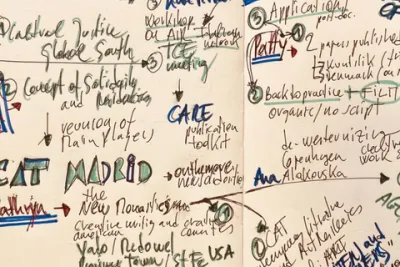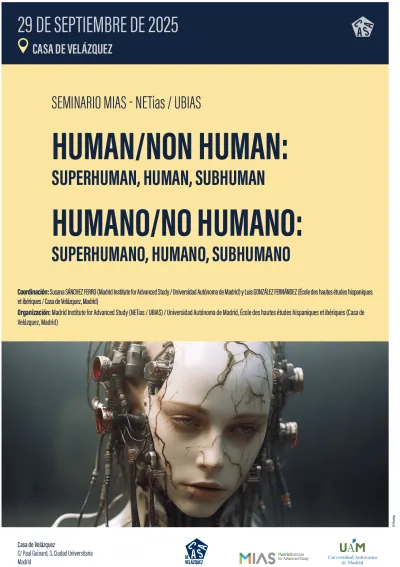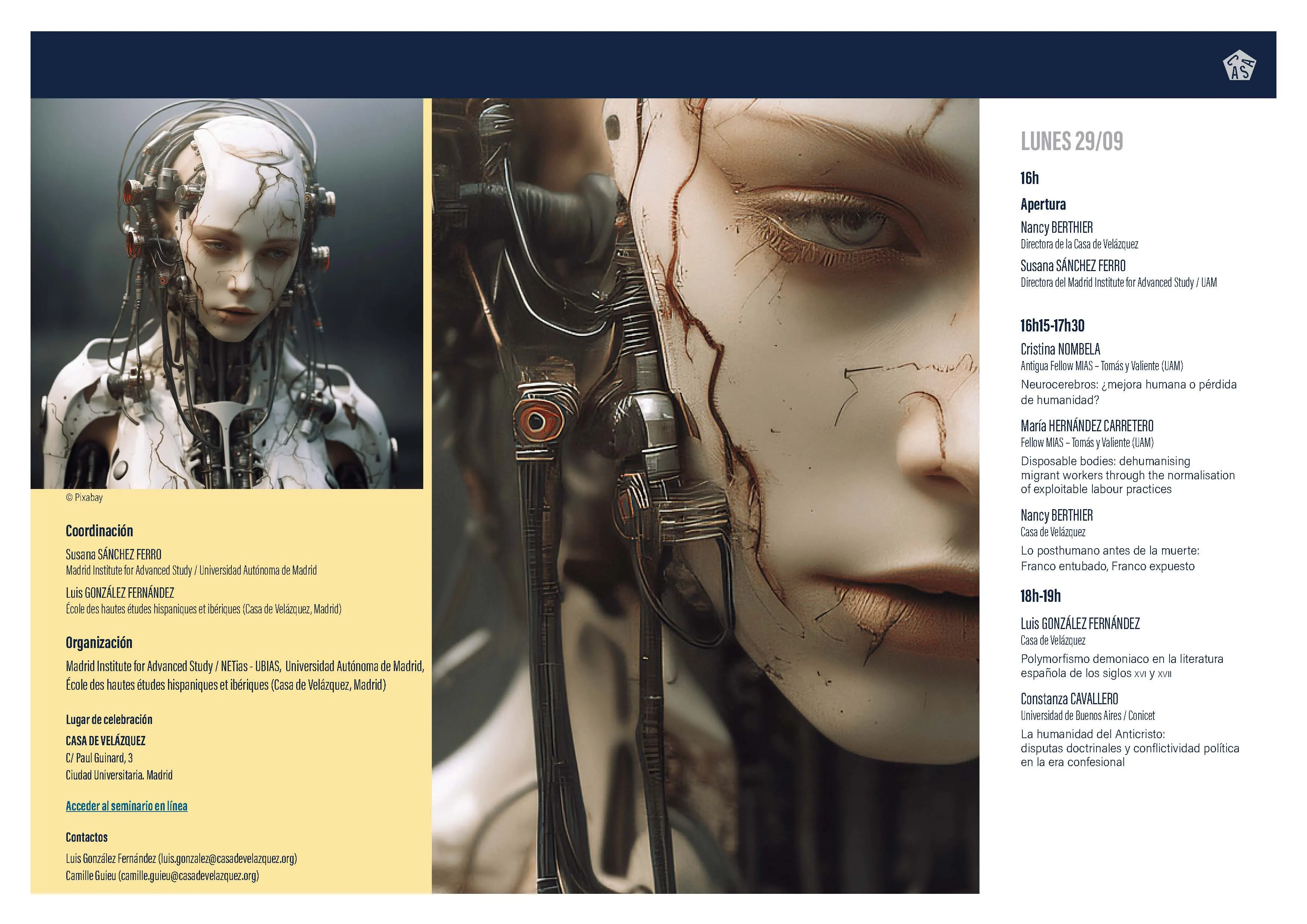Within recent discussions of sovereignty, the multiplication of borders and borderlands has become a major research topic in anthropology. Europe is one of the main targets of this scholarly investigation but all anthropological literature on European borders reinforcement has been dedicated to continental Europe and the rim of the Mediterranean Sea. In this presentation Catherine Benoit will argue that the borderlands of “Fortress Europe” are instead located far from the shores of the Mediterranean, the Channel or the land border with Turkey, and are made of the French overseas departments of the Caribbean and the Indian ocean. They are the invisible buffer zones of France and the European Union on the edge of the former French colonial empire, not only in a geographical sense but also in a historical one.
Irina Nicorici’s contribution will focus on the history of human movements on the easternmost periphery of Europe, along its borders with the erstwhile USSR. For this event, we will set aside the conventional assumption that these borders were impenetrable during the Cold War and will instead examine how some migrants crossed them. Drawing on new archival evidence, this presentation advances the following argument: Migration towards the Soviet Union heavily depended on interpersonal connections rather than formal state authority. Public officials elevated intimate, informally driven sponsorship relations above all other factors as critical for residency and citizenship status acquisition, thus radically reshaping mobility and the welfare state.
On the basis of an ethnographic, longitudinal study with Senegalese migrants (mainly men) in Catalonia, Spain, María Hernández-Carretero will discuss bordering experiences of migrants in situations of chronic and cyclical administrative irregularity. She examines how borderscapes – spaces of hierarchization, exclusion, racism, and persecution – are built and maintained well beyond Europe’s actual borders, and how migrants manage and resist the chronification (in the sense of becoming entrenched) and societal normalisation of irregularity. Hernández-Carretero analyses these intranational dynamics applying Mbembe’s concept of ‘necropolitics’ – the politics that dictate who may live and die (and how) –, a concept that has typically been used to examine dynamics of migrant exclusion at nation states’ physical territorial borders.



